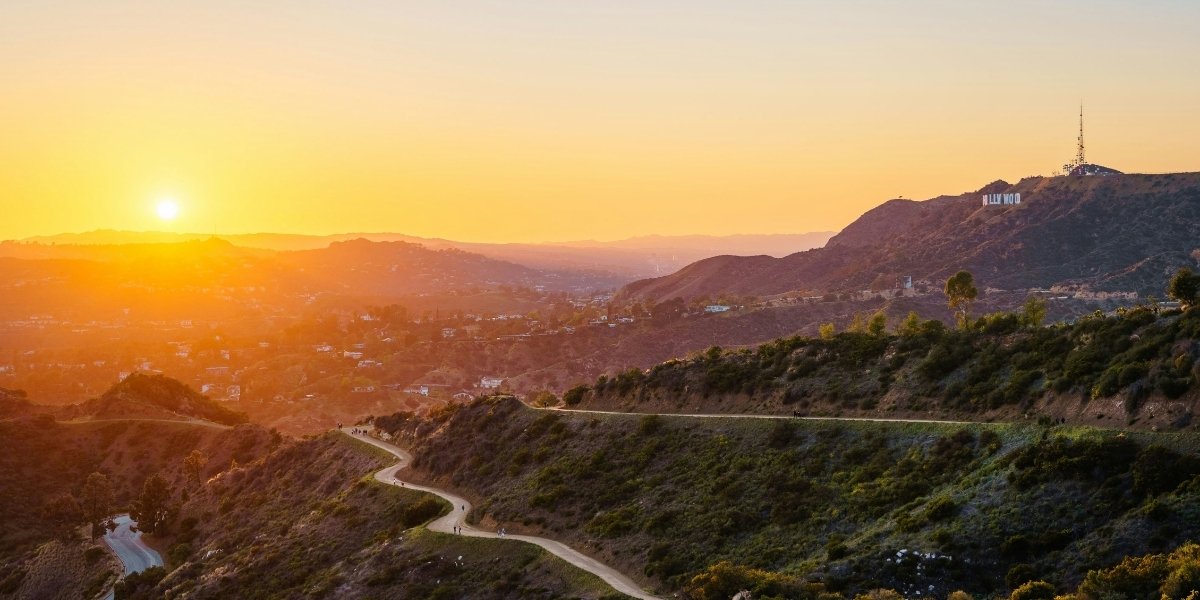Tanzania captivates with its kaleidoscope of tribes, traditions, and landscapes. A safari in Tanzania is different from any safari you have gone for. It’s more than just spotting animals on game drives.
It involves immersing yourself in the ancient indigenous cultures that have coexisted with nature for centuries. This safari is a cultural odyssey full of warmth, wisdom, and wonder that will linger with you long after. Open your heart and mind to experience this place fully.
This experience will change your perspective. Let’s delve into how Tanzania’s cultural heritage intertwines with its spectacular wildlife.
The Maasai Tribe: Living Traditions Spanning Over 200 Years
The Maasai tribe is widely known for being one of Africa’s warrior cultures. They possess customs and don vibrant attire with a heritage spanning over two centuries that is intricately intertwined with their semi-nomadic way of life.
Maasai people usually live in groups called “boma,” made of thorny bushes. These traditional huts protect them and their animals from wildlife. About 1.5 million Maasai live in southern Kenya and northern Tanzania. Refer to the chart below for more clarity on the Maasai population.
The Maasai’s daily life is centered around taking care of their cattle, which gives them food and wealth. Men handle security and herding, while women milk cows, build homes, and raise children. Many communities still follow these customs despite modern changes.

Visiting Maasai villages offers you the opportunity to immerse yourself in their culture. You can witness warrior dances and even learn the art of beadwork. Spending time with a Maasai family will provide you with valuable insights into their way of life, including their customs, such as early marriages and the distinct roles of men and women.
Additionally, you’ll have the chance to discover their ancient healing practices and savor their special homemade milk tea, offering a glimpse into their daily routine. “For a truly unique experience, consider embarking on a Family Safari Tanzania. This provides a wonderful opportunity for you and your family to learn and explore together.
Swahili Culture: A Vibrant Blend of African, Arabic and Indian Influences
In contrast to the Maasai, there is the Swahili culture on the coast. It’s a mix of African, Arabic, Indian, and more. It started over 1,000 years ago when people traded with places like Arabia, India, and China. Let’s explore the key influences on Swahili culture.
Key Influences on Swahili Culture
Swahili culture has developed through the blending of various cultures over centuries. Here is an overview of the main contributing cultures:
| Influencing Culture | Elements Adopted by Swahili Culture |
| Bantu | Language, agriculture, social norms |
| Arabic | Religion (Islam), architecture, food |
| Persian | Art, literature, poetry |
| Indian | Cuisine, design motifs, names |
| Portuguese | Loan words, architecture |
| English | Language, governance, education |
The eclectic mix of African, Arabic, and Asian influences shaped the unique cosmopolitan Swahili identity and culture. You can see this mix in their food, buildings, language, art, and customs. Swahili is spoken by over 100 million people in East Africa, making it a unique African language.
Swahili food is like a blend of African and Arabian or Indian flavors. They have dishes like pilau, biryani, and kachumbari that show this mix. Their beliefs and stories are influenced by a blend of African, Islamic, and Hindu traditions from the coast.
For tourists eager to immerse themselves in this culture, there are Swahili festivals like Mwaka Kogwa and tours of places like Stone Town. Explore Swahili designs in Zanzibar through craft sessions, adding a local touch to your experience.
Collaborative Conservation Defines the Intersection of Wildlife Safaris and Indigenous Communities
When it comes to Tanzanian safaris and the abundance of wildlife they offer, there’s a new aspect to delve into. Local communities are joining forces to safeguard nature and create a positive impact. With over 60% of the land under protection, it has become a shared space for both people and wildlife.
These collaborations involve government agencies and indigenous groups like the Hadzabe tribe working hand in hand. They take on the responsibility of protecting animals, engaging in eco initiatives and educating others about the importance of preserving nature. Your visit to these communities directly contributes to conservation efforts.
For example, visiting a village can contribute to creating havens for animals and supporting educational facilities. Staying in ecovillages also helps create employment opportunities for locals, discouraging hunting activities and ensuring the safety of their environment.
Moreover, you have the opportunity to experience the joy of giving back by distributing lights and water filters to families who live off-grid. This act does not change lives but also enhances their quality of life while making a positive contribution towards their overall well-being.
“We took some time to deliver water filters and solar lights to Massai villages. It was such a humbling and unique experience.”- John. N, traveler
Cultural Exchange: An Integral Part of Tanzanian Safaris
When visiting Tanzania, it’s not about observing wildlife. It presents an opportunity to engage deeply with the Maasai culture. You can partake in dances alongside the Maasai community, grasp the art of spear throwing, acquire the skills of crafting exquisite Maasai jewelry, enjoy a memorable donkey ride through Maasailand and even experience the thrill of wild hunting alongside local tribes.
These activities provide a chance to learn, connect on a deeper level, and forge lasting memories while positively impacting both the environment and the local community. Tanzania is renowned for its wildlife. It goes beyond that; it’s about understanding how the Maasai, Swahili, and Bushmen harmoniously coexist with nature.
Immerse yourself in their captivating dances, savor their cuisine, and listen intently to their captivating stories. This firsthand experience cannot simply be obtained from reading books.
Hence, embarking on a safari is not merely an exploration of wilderness; rather, it entails delving into centuries of traditions merging seamlessly with nature. It promises an adventure that will leave a mark on your memory.
Conclusion
In conclusion, Tanzania offers more than glimpses of animals during a safari – it takes you on a journey through cultures. Exploring customs along with the blend of Swahili culture brings immense joy, knowing that your visit contributes positively to these communities.
Responsible tourism entails ensuring that your visit positively impacts communities and preserves the integrity of nature. Therefore, during your Tanzanian safari, you will witness a blend of wildlife and the authentic way of life of the people. This extraordinary experience will leave a mark on your heart. Broaden your perspective on the world.
Rest assured, upon your return home, you will carry not only cherished memories but also newfound insights that will endure for a lifetime.
Frequently Asked Questions About Cultural Safaris in Tanzania
-
How can I ensure an authentic cultural experience during my safari?
- Opt for guided tours and activities organized through reputable eco-lodges or tour operators who work closely with indigenous communities. This ensures ethical practices.
- Learn some key Swahili phrases and respect local customs to smoothly engage with village hosts.
- Purchase artisanal handicrafts directly from local artisans or their collectives rather than hotel gift shops.
- Spend quality time interacting with indigenous people to understand their values and traditions. Simply observing from afar does not offer a true cultural exchange.
-
What ethical considerations should I keep in mind when visiting indigenous communities?
- Always ask for permission before photographing people, especially in private settings.
- Be culturally sensitive by dressing modestly and avoiding lavish displays of wealth.
- Contribute to the community by purchasing locally produced food and crafts or paying activity fees.
- Avoid disrupting important activities and ceremonies with your presence.
-
What are some unique cultural experiences I can have on a Tanzanian safari?
On a Tanzanian safari, you can experience Maasai traditions, African drumming and dance, taste Swahili cuisine, visit woodcarvers, explore UNESCO sites, shop at Maasai markets, go on spice tours, and enjoy local festivals for a diverse cultural immersion.





